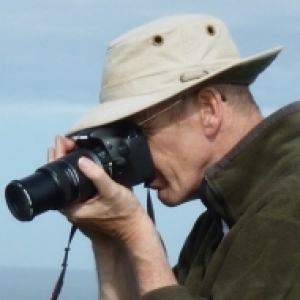Spoonbills
Mrs L and I have had two bird watching lives! The first was pre children, the second post children. Pre children you would never see an egret in the UK, post children they're all over the place:- Little egrets are one of the UK's most recent colonisers. They first appeared in the UK in significant numbers in 1989 and first bred in Dorset in 1996. Its colonization followed naturally from a range expansion into western and northern France in previous decades. It is now at home on numerous south coast sites, both as a breeding species and as a winter visitor.
Now here come the spoonbills:- The spoonbill - which has bred only four times in Britain in the last three centuries - has had a stunning success at Holkham, and for the first time in over 300 years the UK has its own breeding colony of these beautiful crane-like birds. Careful monitoring has confirmed that four nesting pairs have now fledged a total of six young, with at least a further two pairs still feeding their young in nests. At no time since the early 1700s has more than one spoonbill bred in the UK and conservationists are hoping that the unique breeding success at Holkham will not be a one-off.
We decided to spend a couple of days on the North Norfolk coast to welcome this new species to the UK. Today we went to Norfolk Wildlife Trust's Cley Marshes reserve, just along the road from Holkham. On arrival we were told we'd almost certainly see the spoonbills on the North Scrape at the far side of the reserve. There were a few hides to call into before we got round to the North Scrape and if it wasn't for the draw of the spoonbills we'd probably have spent the entire day at these initial hides - great varied bird watching with different birds flying in all the time and a volunteer warden in the hide to help out with the identification. If you like sitting in a wooden hut all day just looking at birds, then treat yourself to a day at Cley.
Anyway, as you can see from the photo we got ourselves round to the North Scrape and saw our spoonbills. Not the most active of birds! They just stood there on one leg with their head under their wing, every now and then one of them would have a stretch, have a scratch and then put its head back under its wing - you've got the highlight of the day in the photo, one stretching, one scratching and one looking like a spoonbill.
When we got back to the car we thought about finding a B&B for the night, but having had such a successful day today we thought we're not going to do any better tomorrow, so the lure of our own bed won and we ended up just having a day trip to the North Norfolk Coast - 230 miles added to our carbon footprint - sorry great grand children.
- 0
- 0
- Canon EOS 550D
- f/10.0
- 250mm
- 400

Comments
Sign in or get an account to comment.


